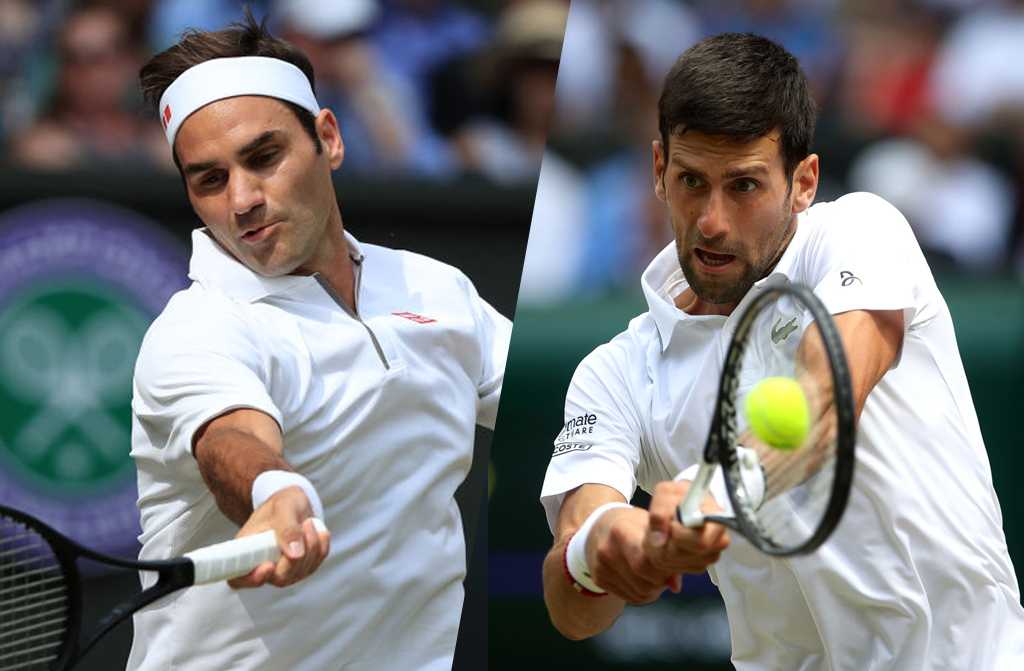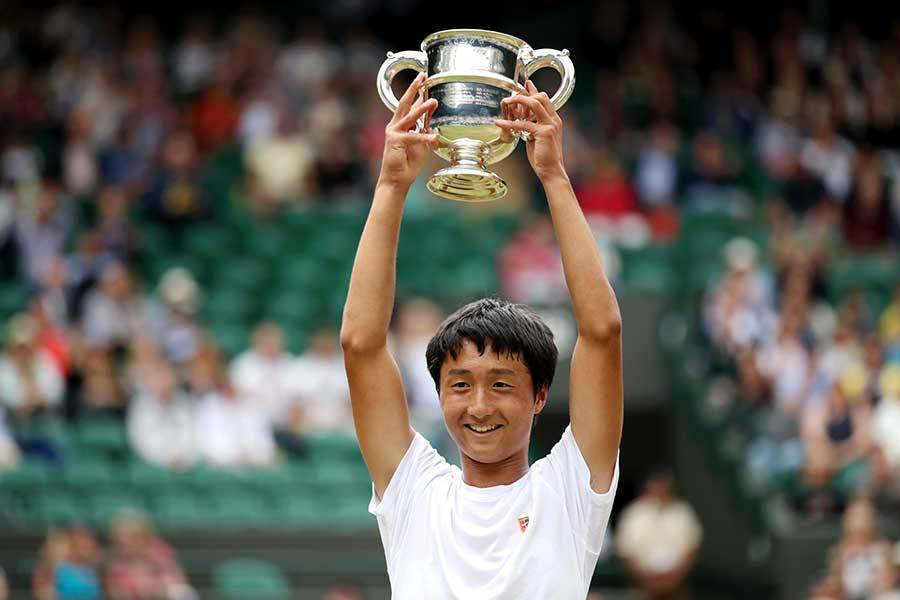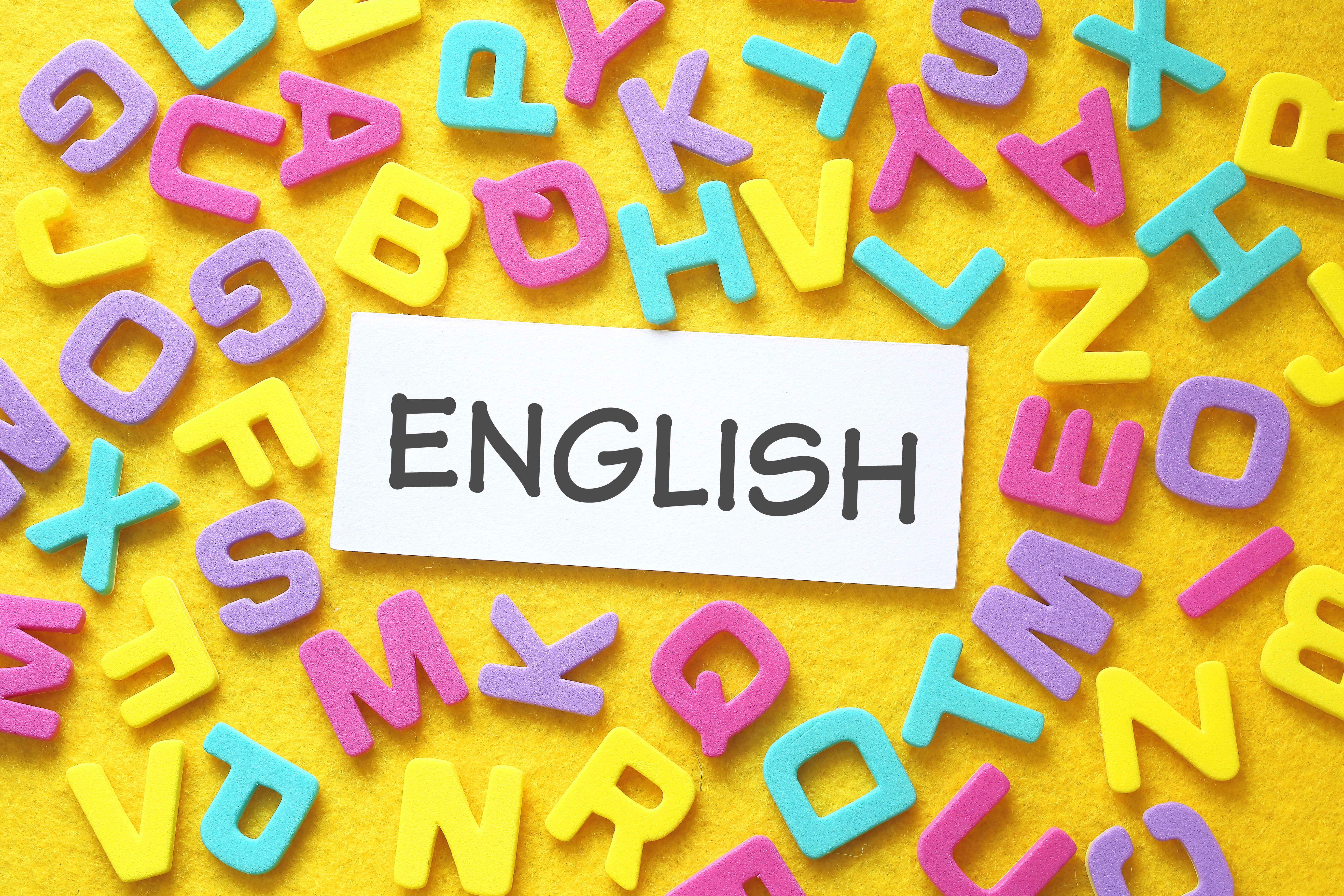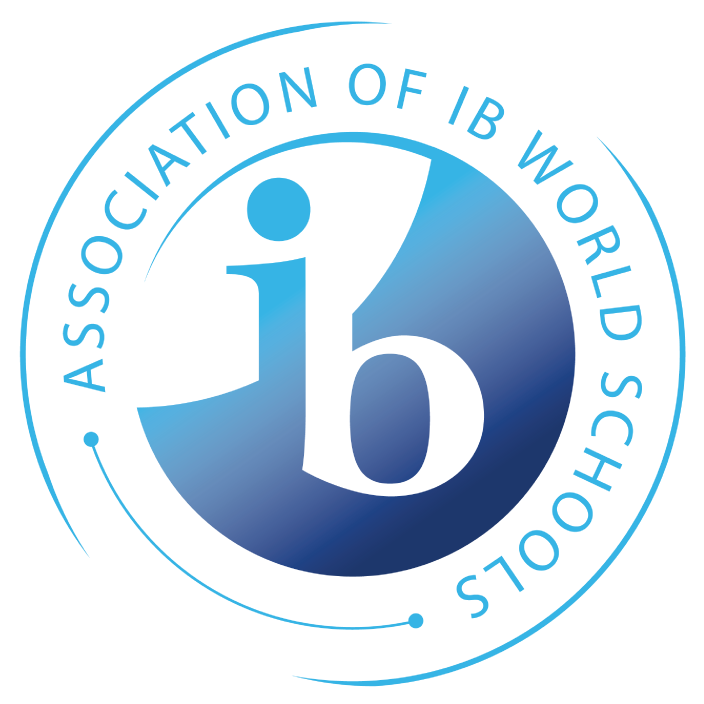ブログ BLOG
 ホーム
ホーム- ブログ
- 🎾ウィンブルドンテニス選手権大会🎾 🎾Wimbledon tennis championships🎾
ウィンブルドンのテニス選手権大会が終わりました。
ジョコビッチ選手とフェデラー選手のフルセット4時間57分に及ぶ決勝は感動ものでした。(寝不足になりましたが…笑)優勝したのはジョコビッチ選手でしたが、準優勝の生きる伝説といわれるフェデラー選手は37歳!年齢を感じさせないプレーで様々な人に勇気を与えてくれています。
The 2019 Wimbledon Tennis Championships has just ended. Novak Djokovic and Roger Federer played in the finals, which lasted for 4 hours 57 minutes. I almost fell asleep watching but was so excited to see their match. Djokovic won at last, but Federer, being able to play tennis at Wimbledon for so long and considering the fact that he is already 37 years old, impressed and encouraged a lot of people with his playing skills.

さて、年齢といえば、ウィンブルドンジュニア優勝の16歳望月慎太郎選手!世界ジュニアランキング1位になった彼は私と同じ「望月」姓!他人とは思えません😁彼は3歳からテニスを始めたそうです。
Talking about age, Shintaro Mochizuki, the Japanese who won the Wimbledon Junior Championship this year, was awesome! He became the new world number 1 junior player, and his surname is Mochizuki! I feel so close to him in the sense that we go by the same family name. (LOL) I learned that Shintaro started playing tennis since he was 3 years old.

ほかにも世界のトップ選手のテニスを始めた年齢を見てみると、以下の通りです。
ラファエル・ナダル 4歳
ノバク・ジョコビッチ 4歳
ロジャー・フェデラー 4歳
ジュニアの幼少期からテニスをしていることは、少なからずプロで有利であるといえるのではないでしょうか。
これが英語になるとなぜか幼少期から英語を始めることの弊害ばかりが言われ、メリットに目を向けられることが少ないように感じます。
本園は英語を「教科」や「お勉強」として教えるのではなく、幼少期から外国人担任と過ごす普段の生活の中で自然と言語にふれることで、英語を母国語のように獲得をしながら、遊びや活動を通して幼少期の育ちに大切な非認知能力の育成や生きる力の基礎を培うことも同時に目指します。
幼少期から英語や国際バカロレアを通して「世界」を体験することは、将来日本だけでなく世界で活躍することのできる子どもたちを育てることにつながります。本園があるこの「大野」から「世界」を目指し、よりよい保育に努めていきたいと思います!
Looking at other top tennis players, they also started playing at an early age.
Rafael Nadal started playing tennis when he was 4 years old, Novak Djokovic, at age 4, and Roger Federer also started at age 4.
It shows how starting tennis from an early age is an advantage in becoming a top tennis player.
When it comes to learning English at an early age, people focus on the cons rather than the pros.
At Moonlight International Preschool, we don’t “teach” English as a subject or as a lesson. Children rather learn the language through the interaction with the international class teachers by naturally immersed in the language and acquire English just like their mother tongue. Through play and activities, children also improve their noncognitive skills and nurture the base of the zest of life.
By experiencing the “world” through English and International Baccalaureate programs, children can become adults who will not only shine in Japan but also internationally. From here in “Ono”, we aim at the “world” and strive to offer better education and childcare!




